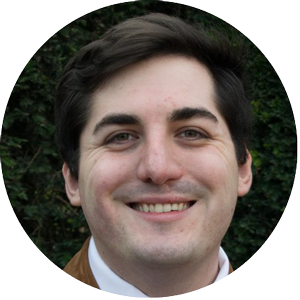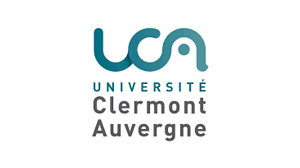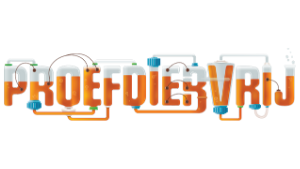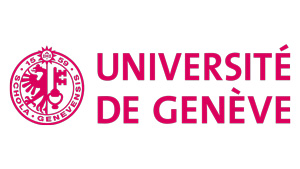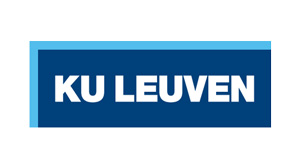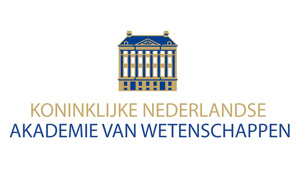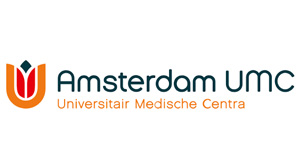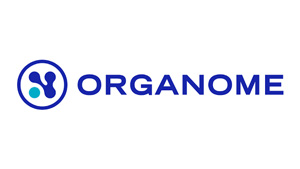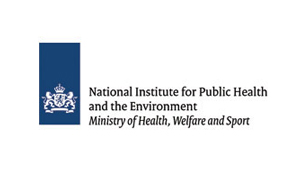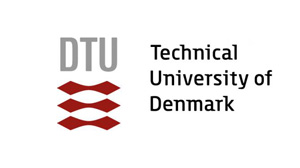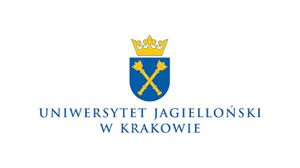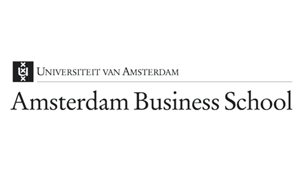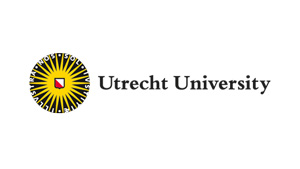About
Andrew J. Barnhart (˚1992) originates from Hagerstown, Maryland in the United States. He holds a Master of Arts degree in Bioethics & Society (King’s College London, 2015) and a Bachelor of Science degree in Biology & Philosophy (University of Massachusetts Amherst, 2014). His Master’s thesis was entitled, “Meditations on Drugs”: A Buddhist Ethical Approach to Pharmaceutical Cognitive Enhancement.”
For three years (2016-2019), Andrew worked as an Adjunct Philosophy and Biology Instructor at Frederick Community College in the United States. There, he led the charge for developing an academic area of concentration program in philosophy. Moreover, he has a history of teaching Introduction to Philosophy, Ethics, Biomedical Ethics, Symbolic Logic, and Human Ecology. Andrew has an academic interest in various topics relating to bioethics, medical ethics, disability studies, and environmental/ecological sciences.
In 2018, Andrew ran for public office for the Maryland House of Delegates as a member of the Maryland Green Party. He has a long history of advocacy for social, political, and civil rights for people with disabilities.
As of September 2019, he now works as a Marie Curie Research Associate and Doctoral candidate at the Centre for Biomedical Ethics and Law at KU Leuven in Belgium, under the promotion of Prof. Kris Dierickx.
About Andrew’s research project
Andrew currently researches on the ethics of organoids while working in the Centre for Biomedical Ethics and Law in the Department of Public Health and Primary Care at KU Leuven. His research focuses on two key ethical areas in organoid research – moral status and animal ethics.
Moral Status
What should be done to brain organoids if they can potentially develop consciousness? Are they merely clumps of human cells and tissue, or something more? What is the moral significance of developing organoids that closely model human embryos? How do organoids relate to their donors and recipients? These are just some of the questions surrounding the moral status of organoids that Andrew is considering. Developing good, clear, and lasting codes of conduct or public policy will require fundamentally understanding what organoids really are, and how people and society relate to them.
Animal ethics
If organoids are effective scientific models, does this morally require the reduction and replacement of lab animals in science? Should scientists implant human brain organoids into the brains of lab animals, or create any human-animal chimeras? The use of laboratory animals for research continues to be controversial. These animal ethics questions are important implications to consider with organoid research.
By exploring these questions and topics, Andrew aims to create a moral framework to help scientists and public policy makers move forward with organoid research in the right way.
Secondments
As part of his training, Andrew will work with the following two organizations.
Netherlands National Institute for Public Health and Environment (RIVM): Here, Andrew will conduct research for policy support, explore stakeholder attitudes towards organoids, and consider different methods of effectively disseminating information.
Dutch Society for the Replacement of Animal Testing (dsRAT): Here, Andrew will explore the guiding principles in the debate surrounding animal testing and explore stakeholder attitudes towards organoids.
About the Centre for Biomedical Ethics and Law, KU Leuven
In 2016 and 2017 the University of Leuven (KUL) was listed by Thomson Reuters in the annual list of Europe’s most innovative universities. The Centre for Biomedical Ethics and Law (KUL-CBMER) is part of the University of Leuven (KUL). The KUL-CBMER is a renowned research centre in Europe with expertise in ethics, law, philosophy and theology and close links with various medical and care disciplines.

